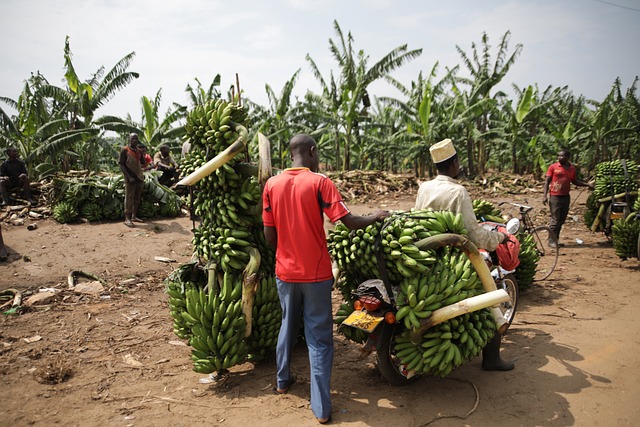 |
**Agriculture**:
The backbone of Uganda's economy is agriculture, responsible for nearly 24% of the GDP according to World Bank data (2019). Coffee forms a significant part of this sector, with Uganda ranked 8th largest coffee producer worldwide in 2016. The fertile Ugandan soils also yield tea, corn, millet, beans, and groundnuts extensively.
**Mineral Resources**:
Uganda is endowed with large deposits of key minerals including gold, phosphates, copper and cobalt. As per the Geological Survey conducted by the Ugandan government in 2018, over 50 different types of minerals exist within the country’s borders.
**Tourism**:
Given abundant wildlife such as gorillas and diverse bird species coupled with breathtaking landscapes including savannahs, lakes and mountain ranges; there has been an uptick in tourism industry contributing nearly $1.6 billion to Uganda’s GDP according to World Bank data (2019).
**Culture**:
Home to more than 40 ethnolinguistic groups offering a wealth of traditions and folklores which adds cultural richness. Uganda's music scene also contributes notably to its economy.
**Human Capital**:
Over half of Uganda’s population is below age 15 indicating a labor force teeming with potential for future growth according to UN statistics (2020).
In essence, while socio-economic challenges persist like in many African nations; soil fertility, mineral reserves, potential tourism boom and robust human capital position Uganda uniquely in terms of growth prospects further evidencing its metaphorical reference as 'Pearl'.



0 Comments